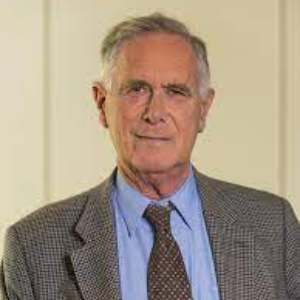Title : Coronary artery spasm: Pathogenesis, diagnosis and treatment
Abstract:
Coronary artery spasm (CAS) may involve predominantly large or small coronary arteries, and usually presents as episodes of prolonged ischaemic-type chest pain occurring randomly, but with a tendency toward cyclic periodicity. Diagnosis is currently difficult clinically, and many patients are discharged from Emergency Departments because of lack of clinical evidence of cardiac injury. However, precipitation of CAS following intracoronary injection of acetylcholine is diagnostic, and implies a relative impairment in the indirect, nitric oxide (NO)-mediated, coronary vasodilator component of acetylcholine effect. Recently it has become apparent that many patients with acute episodes of CAS have evidence of erosion of intracoronary atherosclerotic plaques, sometimes with associated intracoronary thrombus formation. These finding raise the possibility that some form of vascular-platelet interaction occurs during symptomatic crises in such patient, rather than just an aggravation of coronary constrictor tone.We have therefore compared platelet anti-aggregatory responses to the autacoids NO and prostacyclin (PGI2 ) in normal subjects and patients with CAS, both in chronic and acute symptomatic phases. Responsiveness to NO and PGI2 were markedly and significantly ( p<0.01 for both) impaired during the chronic phase in comparison with normal data, and tended to worsen during symptomatic crises. These results therefore suggest that CAS may reflect, perhaps primarily, a propensity towards platelet/endothelial interactions within the coronary vasculature, and that it may represent a microcosm of a generalized disorder in this respect. Results of further experiments further evaluating pathogeneic mechanisms, and probing appropriate diagnostic and therapeutic options for CAS during both acute and chronic phases, will be presented.



